 |
| Seabreeze Jazz Fest |
Welcome to the Sup!
Today's instalment of my 2025 series, The Art of Adaptation, is focused on taking five.
In other words, taking a break.
In this context, we know that most authors have adapted to an intense and competitive work expectation, but is this good for us? Our creativity?
Do we have to work so hard to meet deadlines and other expectations?
No, we do not.
Before you shrug this off for any multitude of reasons, consider some interesting facts from our historians and evolutionary biologists.
Rest Versus Work from a Historical Perspective
Before AI, the internet and the home computer, before jazz, the industrial revolution and even the pyramids, our ancestors knew how to take a break. They did it all the time, and they benefited greatly from it.
Evolutionary biologists speculate that the average cavewoman/man worked less than 15 hours a week and spent the rest of the time in leisure, eating, digesting, dancing, socialising, playing music and hanging out with the kids.
Even up to medieval times, before the Industrial Revolution, rest and sleep were revered, but cycled between two major nighttime blocks. We'd wake in the middle of the night for an hour or two and enjoy intimacy, prayer, food and reflection, then go back to sleep for another block of rest. During the day, food breaks and naps were considered normal, even for basic labourers.
But, somewhere along the way, our modernisation with a 9 to 5 mentality has produced work-machines, with some cultures placing the work ethic high above everything else, including health, joy, community and wellbeing. Now, the 40 - 90-hour work week and powerhouse, 8- 16-hour work days, depending on the profession, is the norm.
Unfortunately, writers belong to the professions that entail very long hours and often for so little financial reward that a second or third job becomes necessary. It can be gruelling.
I'm not going to elaborate on the average hourly income for a mid-list author, but you can think of the minimum wage in a third-world country and halve it, if you want a prompt.Back to the notion of rest versus work. A pro-production/anti-rejuvenation lifestyle can harm our health, well-being and even capacity for creative inspiration.
Here's why.
The harms of Overworking
How can we avoid it?
Simple.
Take Five.
The Benefits of Taking Breaks
There's no disputing that relaxation reduces stress, improves focus, and replenishes energy.
Consistent downtime allows the body to recover from stress hormones, which lowers blood pressure and heart rate and gives the mind a chance to reset. This opens the way to better concentration, creativity, memory, and positive thinking.
My friend Jeannette Maw puts it like this:
Our culture tends to promote hard work as a way of proving we’re worthy of the reward. It’s easy to get caught up in that routine, since we’re often managed for productivity (or even manage ourselves for it) – constantly looking for ways to be more efficient and get more done.
That’s why it’s counter-cultural – or even radically revolutionary to put it all on pause to do a lot of nothing... (but) there’s something magical about doing nothing that invites our favorite dreams to come true! Read more here...
Great Ways to Take Five
First, close your eyes: Tune in.
And then, be intentional. Choose leisure activities you love or are keen to try: Games, yoga, Tai Chi, meditation, grounding, napping...
Do what calls to you.
 |
| YaoYao Ma Van As Art |
It could be nothing, or maybe it’s something fun to do. It could be solo, or maybe it’s with others.
The idea is to incorporate short breaks throughout the day and longer periods of rest to allow your brain to switch between different states of activity and rest... to allow you to recover from STRESS.
Conclusions
When in doubt, or wound tight in stress with deadlines closing in, don't do more. Do less.
Take a break.
Have a nap. Goofoff. Explore the infinite possibilities of leisure.
You and your creative life will thank you for it.
Meanwhile, I'm taking five, and loving every minute of it.
Are you?
xxKim
***
Other Posts in the Art of Adaptation 2025
***







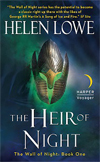
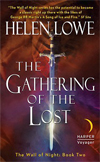
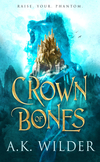
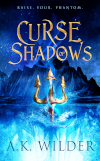
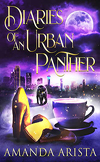
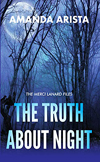

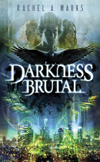
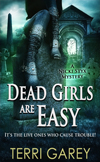
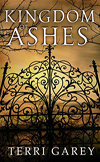
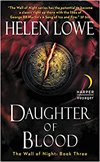
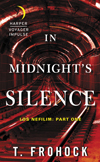
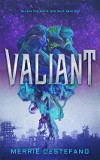
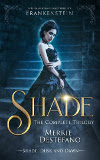

No comments:
Post a Comment